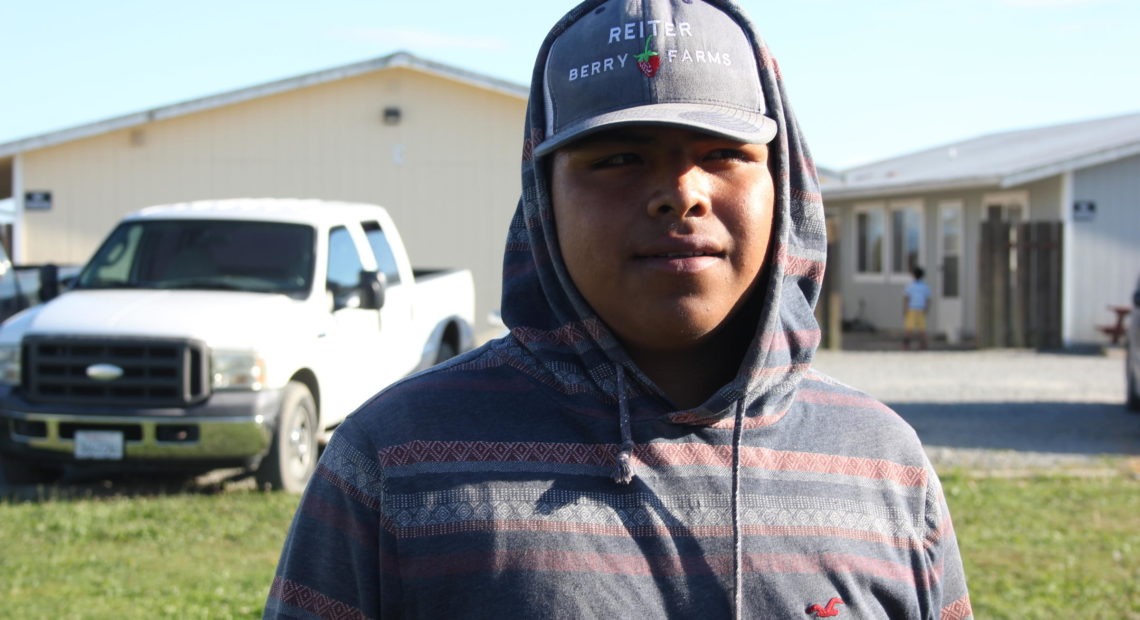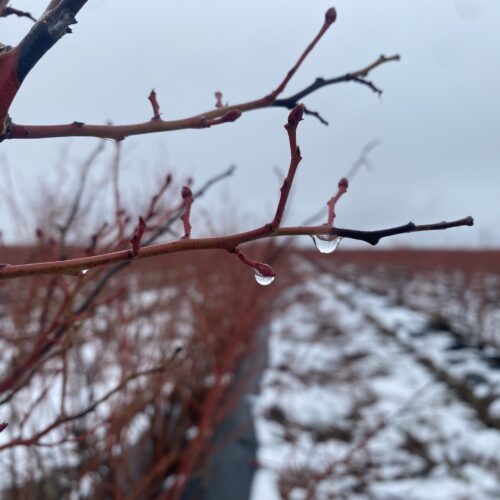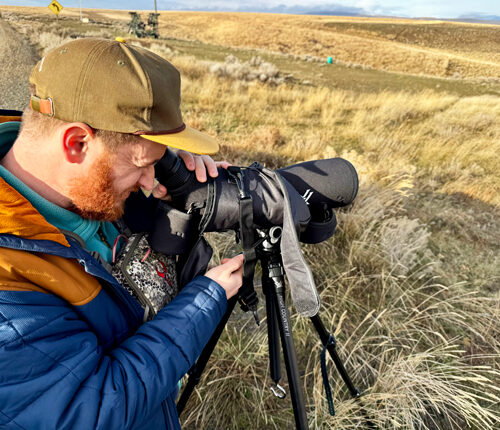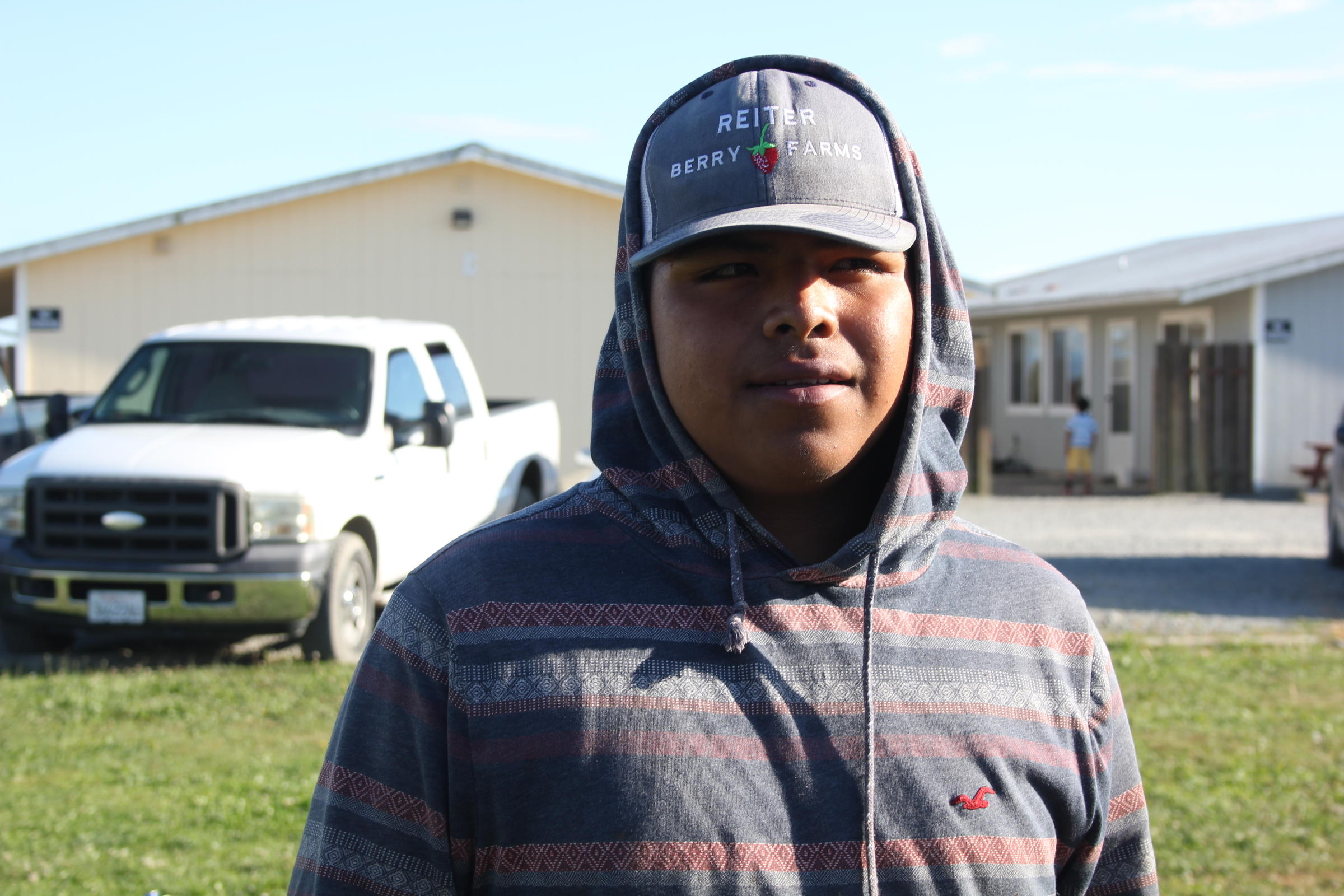
On National Farmers Day, The Changing Face Of Agriculture Is In Washington
Listen
If you ate today, thank a farmer. That’s the common thread on social media channels like Twitter and Facebook with the trending hashtag #NationalFarmersDay.
The holiday stems from what was called Old Farmer’s Day. It’s celebrated in October because it marks the end of harvest season.
In the Northwest, agriculture is everywhere. From tiny family-owned lavender farms in Sequim to multi-million dollar apple orchards in the Yakima Valley, agriculture marks our landscapes and community.
According to the state Department of Agriculture, Washington is the nation’s number one producer of apples and cherries. But did you know it’s also the top producer of spearmint oil and aquaculture? While shellfish don’t immediately come to mind as a crop, Washington’s geography and climate allows for a diversity of animal and plant-based agriculture.
And while farming often brings up romanticized versions of country living, the profession is undergoing changes – like who is doing the farming.
Alfredo Reyes is a 29-year-old orchard manager at Washington Fruit and Produce Company in the Yakima Valley. Reyes has been farming since he was 14, working cherry harvests during summers.
“People think agriculture is getting a shovel, going out there, picking, using a ladder, and it’s not,” Reyes says. “Right now, we’re moving to precise farming. We use a lot of machines. They help us do a lot of the work.”
By the time he was 19, Reyes was managing 200 acres of farmland. Now he’s on a mission to own a farm of his own and consult with the community on best practices.
While the average age of U.S. farmers is 58 and over 90 percent of farmers and ranchers are white, people like Reyes are challenging the image of who you think of when you celebrate National Farmers Day.
Copyright 2017 Northwest Public Radio
Related Stories:

Blueberry bust: Hundreds-of-millions-of-dollars blueberry biz in the Northwest and Canada act as one, tariffs could complicate the relationship
Snow melts in drops off bare blueberry bush twigs at a sprawling farm in Franklin County in Washington state. (Credit: Anna King / NWPB) Listen (Runtime 2:47) Read At one

What’s fuzzy, cute and sold out? Chicks
As egg prices surge, baby chicks have been selling out across the region — and the country. (Credit: Susan Shain / NWPB) Listen (Runtime 3:59) Read The first person showed

Searching for sage grouse: Looking for a chicken-sized needle in south-central WA
Seth Hulett, Audubon Washington’s senior program manager of the Columbia Plateau, searches through his spotting scope for sage grouse. (Credit: Courtney Flatt / NWPB) Listen (Runtime 4:12) Read In south-central
















